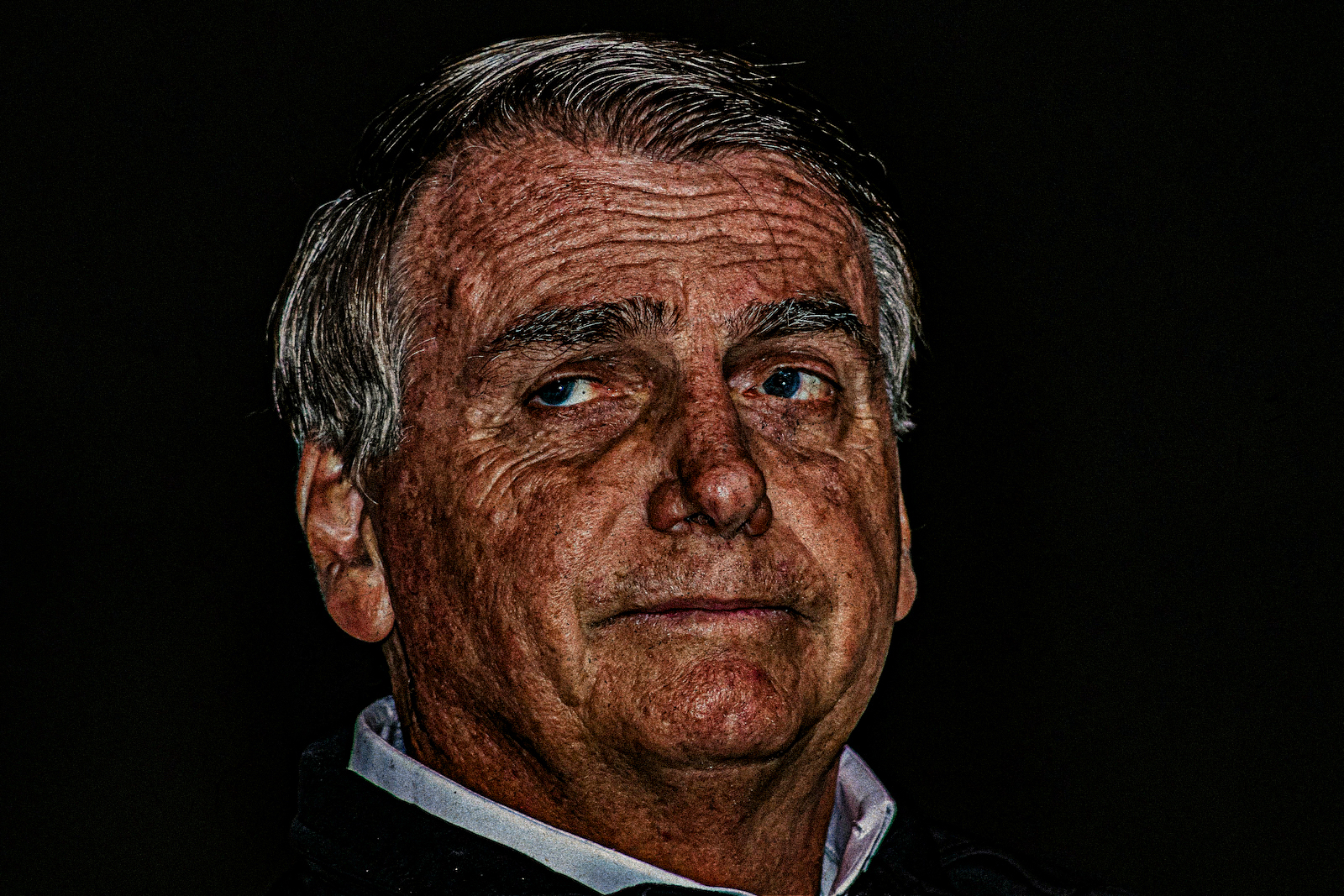
Lula Government must Redress Wrongs of Brazil’s Past Corruption Purge
Over a month into his self-imposed exile in Orlando, Florida, former Brazilian President Jair Bolsonaro has stated his intention to return “in the coming weeks.” Just days before current President Lula da Silva’s January inauguration, Bolsonaro fled Brazil for central Florida following months of stoking division and casting doubt on the results of the bitterly fought presidential election, presumably to avoid ongoing criminal investigations over his involvement in corruption during his presidency as well as the January assault on Brazilian democracy.
Despite its tough rhetoric, the Bolsonaro regime oversaw significant anti-corruption backslides, perhaps most notably in its weaponisation of the sweeping Operation Car Wash corruption investigation. In recent years, Car Wash’s overzealous anti-corruption approach resulted in a swath of wrongful convictions—which later had to be overturned—against private sector actors, in addition to cynical plotting against opposition politicians, inflicting significant damage to Brazil’s democracy that the country’s new government must urgently redress.
Car Wash’s dramatic rise and fall
Launched in March 2014, Operation Car Wash started small, with police investigating local gas station and car wash money laundering schemes, but it would eventually unveil Brazil’s largest-ever corruption scandal. Investigators soon discovered the involvement of executives from the state-owned oil giant Petrobras, which operated at the core of a sprawling graft network, in intentionally overpaying construction company contractors that would then siphon this extra money into hidden funds used to covertly finance election campaigns. Politicians would also receive kickbacks for wielding their influence to help firms land Petrobras contracts.
The early years of Operation Car Wash garnered domestic and international praise, with hundreds of arrests and convictions and the billions of illicit Brazilian reais seized hailed as a historic blow to Brazil’s deeply entrenched culture of impunity. But over time, an anti-corruption crusade once seen by the public and media as impartial and virtuous would have its true colours revealed.
Early critics of the investigation decried the disproportionately high share of charges brought against lawmakers from the left-wing PT party. These concerns over its political motivations were given credence in 2019 when the Intercept published leaked documents that exposed private exchanges between Sérgio Moro and Deltan Dallagnol, Car Wash’s respective lead federal judge and prosecutor, revealing extensive plotting to prevent PT’s return to power in the buildup to the 2018 presidential election.
These explosive leaks, which contained numerous references to undermining PT candidate Fernando Haddad’s campaign, removed any lingering doubts over the probe’s political intentions, while also casting Moro’s November 2018 appointment as justice minister by then newly-elected Bolsonaro in a dark new light.
Private sector in the crosshairs
While PT politicians were the most publicised targets of Car Wash’s procedural overreach, private sector actors were not spared.
Among the most high-profile casualties was André Esteves, the founder and former CEO of Brazil’s largest independent investment bank, BTG Pactual. Police arrested and jailed Esteves in 2015 after he was linked in a private, wiretapped conversation to a plot to buy the silence of witnesses considering a plea bargain with the prosecution—a false allegation that the accuser, former Senator Delcídio do Amaral, later retracted.
Three years later, Esteves was acquitted by a Brasilia judge, who deemed that “the evidence provided…was insufficient,” but not before the investigation inflicted severe damage on BTG Pactual’s financial health as well as his personal reputation. Esteves’s “witch hunt” claims have been supported by Minister Gilmar Mendes of Brazil’s Federal Supreme Court, who ordered the suspension of the police investigation in 2021 due to its excessive 5-year length despite failing to produce compelling evidence, which “constitutes a situation of flagrant illegal embarrassment.”
In the same year as Esteves’ unwarranted arrest, Brazilian authorities launched the Operação Vício corruption probe into a Brazilian mint bidding process for an anti-counterfeiting bottled beverage traceability contract, ultimately awarded to Swiss private security firm SICPA in 2008. Prosecutors accused Charles Finkel—a former SICPA executive vice president whom the company had hired as a private consultant to assist with the tender process—of bribing federal tax inspector Marcelo Fisch; Finkel had transferred Fisch’s apparent consulting fees between 2010 and 2015.
Convicted in 2019, Finkel and Fisch were both acquitted on appeal in 2022, with the judges highlighting that none of the defendants were employed by the mint and therefore by definition could not have corrupted its tender process. Furthermore, the court decision cited procedural violations typical of Car Wash investigations, such as the illegal interception of private communications.
A new direction for Brazil
In the wake of Operation Car Wash’s false promise, public trust in anti-corruption efforts has been eroded and corruption in Brazil remains rampant, with transparency and law enforcement independence setbacks during Bolsonaro’s reign resulting in a drop in its global corruption position. Following the October elections, Transparency International stressed the importance of President Lula using his third term in office to meaningfully tackle corruption, calling on the new government to “restore oversight institutions over political interests and ensure transparency in governmental decision-making to rescue anti-corruption efforts.”
Past Lula governments made significant anti-corruption strides according to Transparency International, and the current government must now double down to deliver on its ambitious commitments. Learning the lessons from the excesses of the Car Wash investigation, Lula must go beyond an evangelical focus on prosecutions and implement illicit campaign financing reforms as well as institutional protections to reel in past abuses in the judiciary, as Latin American policy expert, Professor Gaspard Estrada has argued.
Encouragingly, Brazil’s judiciary has sprung to action against the January insurrectionists faster than its U.S. counterparts in response to the Trump-incited mob that attacked the U.S. Capitol on January 6, 2021. Furthermore, Lula and Biden’s White House meeting in early February has shown that both presidents remain committed to working together in the fight against populist extremism and corrosive disinformation. Nothing less than the future of Brazil’s battered democracy is at stake.

